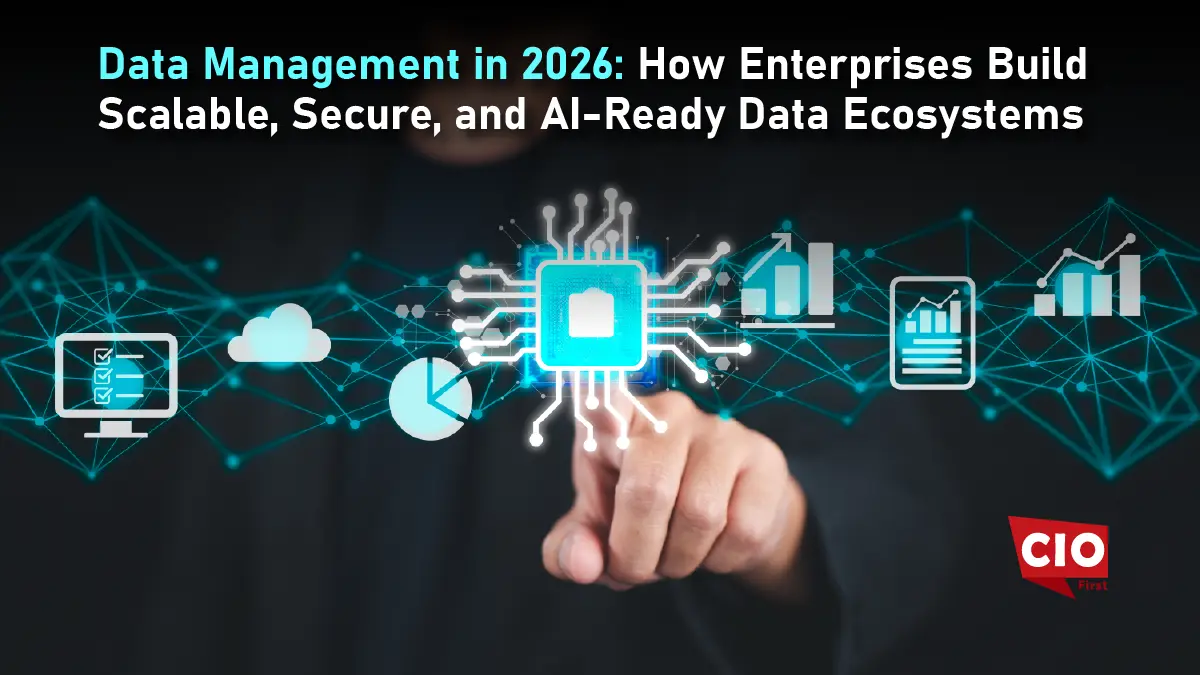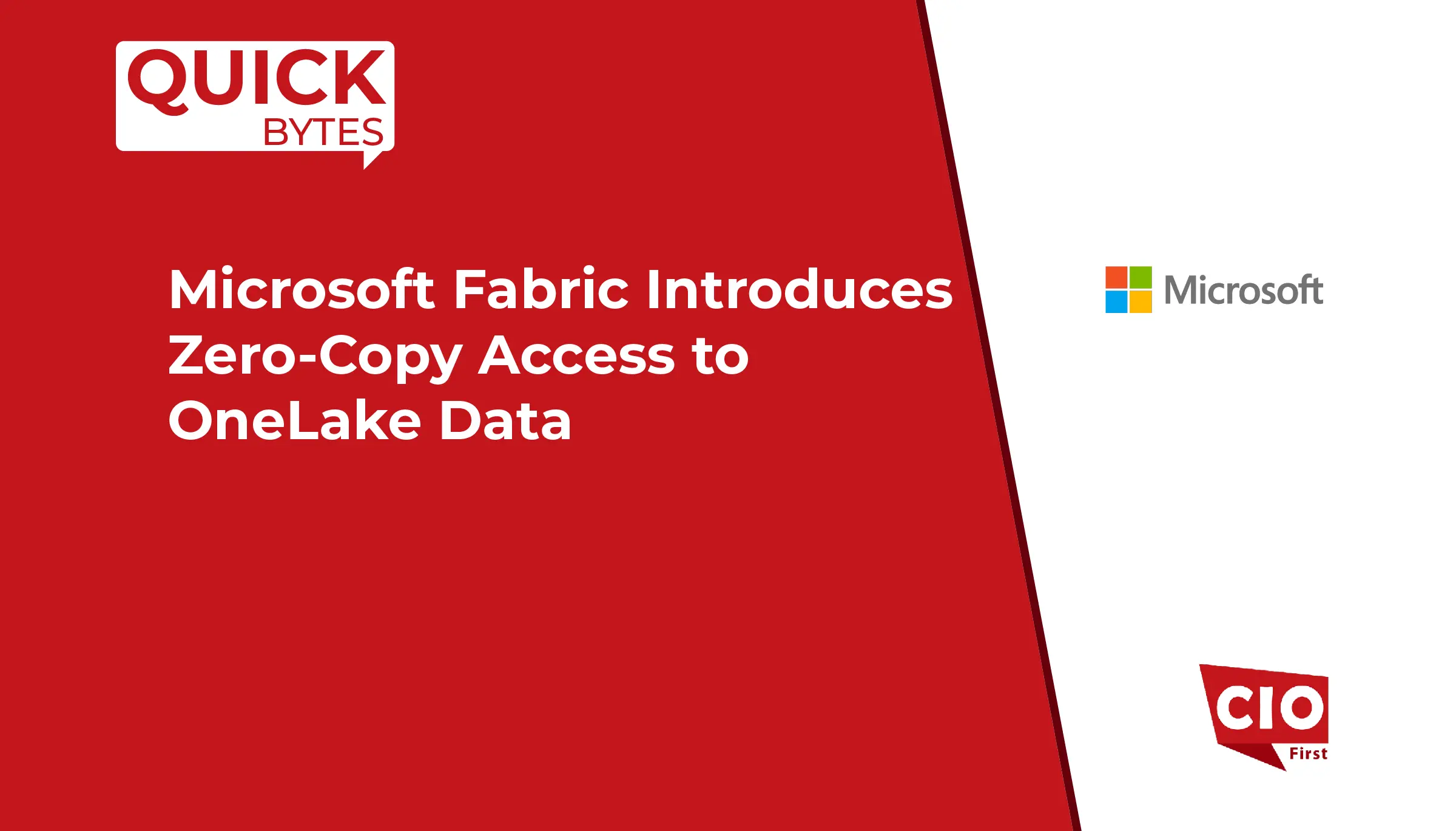IBM Consulting announced the acquisition of Txture GmbH, a cloud-transformation software specialist based in Innsbruck, Austria. The move is designed to enhance IBM’s ability to guide enterprises through complex cloud migrations and modernizations by embedding Txture’s automation and analytics capabilities into IBM’s consulting services.
What the Acquisition Brings
Txture’s software suite is tailored to accelerate early-stage discovery and planning of large-scale cloud migrations and hybrid cloud modernization projects. According to IBM, the acquisition will enable consulting teams to:
Rapidly assess clients’ existing IT systems and application portfolios.
Automate manual discovery and analysis tasks, improving quality and reducing time-to-insight.
Deliver data-driven modernization roadmaps that include sustainability and hybrid-cloud optimization outcomes.
Integrate Txture’s solution with IBM’s own platform stack, such as IBM Cloudability and Apptio, to offer end-to-end cloud value management.
Txture, founded in 2017 and spun out of the University of Innsbruck’s computer-science research, has supported more than 100 transformation engagements and processed over 50,000 applications for cloud migration.
Why This Matters for the Cloud Industry
The acquisition underscores key trends shaping the cloud industry:
Hybrid Cloud and Multi-Cloud Complexity
As enterprises juggle public cloud, private cloud and on-premise systems, managing the “hybrid cloud” estate becomes increasingly intricate. Tools that automate discovery and strategic planning help businesses tame complexity and accelerate migrations.
Asset-Led Consulting and Automation
Consulting firms are shifting away from purely advisory roles toward asset-based models, using software, automation and analytics to deliver faster and more predictable outcomes. IBM’s acquisition of Txture reinforces this shift.
Also Read: Google Cloud Introduces Vertex AI Training for Large-Scale ML
Value-Driven Cloud Transformation
Cloud migrations are no longer just about “lift and shift.” Enterprises expect business outcomes, sustainability gains, cost reductions, agility improvements. Txture’s analytics and automation help surface these value levers early in the journey.
Democratizing Access to Cloud Strategy
Historically, large cloud transformations required extensive custom consulting. With embedded tools like Txture, more businesses, including mid-market companies, may gain access to high-quality cloud-modernization guidance and execution support.
Effects on Businesses Operating in the Cloud Sector
For organisations using or providing cloud infrastructure, services and consulting, this move carries several implications:
For Enterprise IT and Cloud-Users:
Faster Outcomes: Automated discovery and roadmap development speed up the process from assessment to execution. This leads to quicker business impact from cloud initiatives.
Better Decision-Making: Analytics and infrastructure insights in consulting help organizations make informed choices. This reduces the risk of mis-migration and overspending.
Sustainability and Governance: Tracking carbon footprints and hybrid-cloud metrics helps businesses see their environmental impact and performance. This aligns with their ESG goals.
For Cloud Service Providers and Operators:
Increased Demand for Managed Transformation Services: As enterprises seek help modernising hybrid estates, service providers and managed service partners may benefit from increased workflow volumes and consulting support.
Pressure to Integrate Automation: Competitive differentiation may come from offering not only infrastructure but also cloud-transformation tools and analytics—forcing vendors to embed automation into their stack.
Heightened Focus on Lifetime Value: Resistance to “one-off migrations” grows; customers expect ongoing value management, optimization and sustainability which may create recurring-revenue models.
For Consulting Firms and Solution Integrators:
Asset-Based Model Gains Prominence: Consulting firms now use tools and automation. This helps them provide faster and cheaper services. This raises the standard for standing out in the market.
Skill Shift Toward Data, Automation, and Hybrid Strategy: Software is driving discovery and analysis. So, consultants will shift their focus. They’ll concentrate more on strategy, business outcomes, and complex architecture. They will spend less time on manual audits and spreadsheets.
Partnership Opportunities Grow: The blend of software tools, such as Txture, cloud providers, and consulting firms creates new ecosystems. The focus is now on collaboration, integration, and joint go-to-market strategies.
Conclusion
Embed Analytic-Driven Discovery Early: Use tools or partner capabilities to quickly assess:
- Application portfolios
- Cloud readiness
- Modernization potential
Define Value Outcomes Up-Front: Clearly quantify cost, agility, sustainability, and risk-mitigation goals. This frames migration projects as strategic initiatives, not just technical tasks.
Organize Hybrid Cloud Governance:
- Create processes, skills, and tools.
- Manage public, private, and edge environments over time.
- Partner or Develop Asset-Led Models: If you’re a provider, consultant, or business, using ready-made automation tools can speed up delivery. This also boosts your competitive edge.
The cloud industry is changing. Now, the focus is shifting from simply moving workloads to driving business transformations. IBM’s purchase of Txture shows that leaders in the hybrid-cloud era must offer more than just infrastructure. They need to deliver insights, mobility, and real value. This acquisition is a key moment in the cloud world. It highlights automation, analytics, and value management. These elements are crucial for modernization and set new standards for business transformation.



























